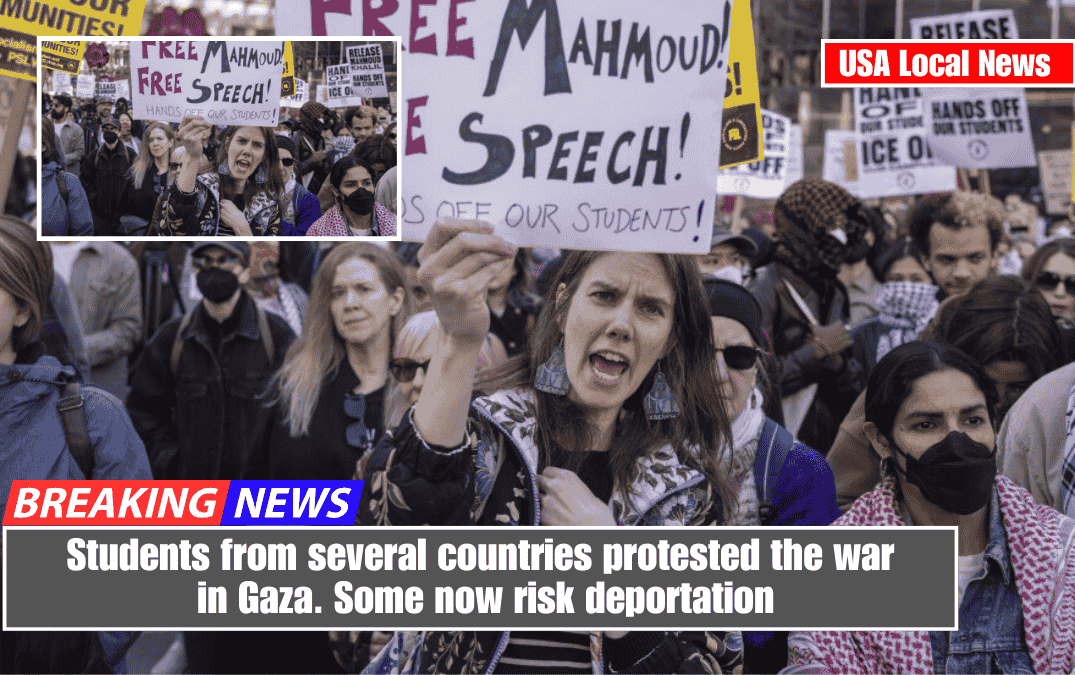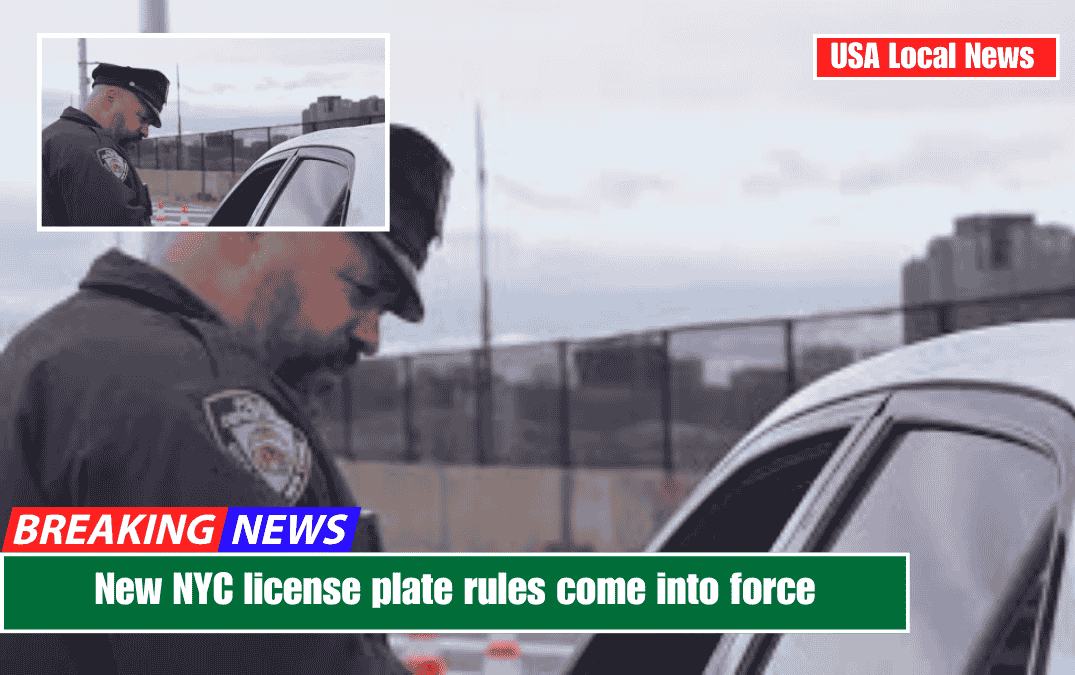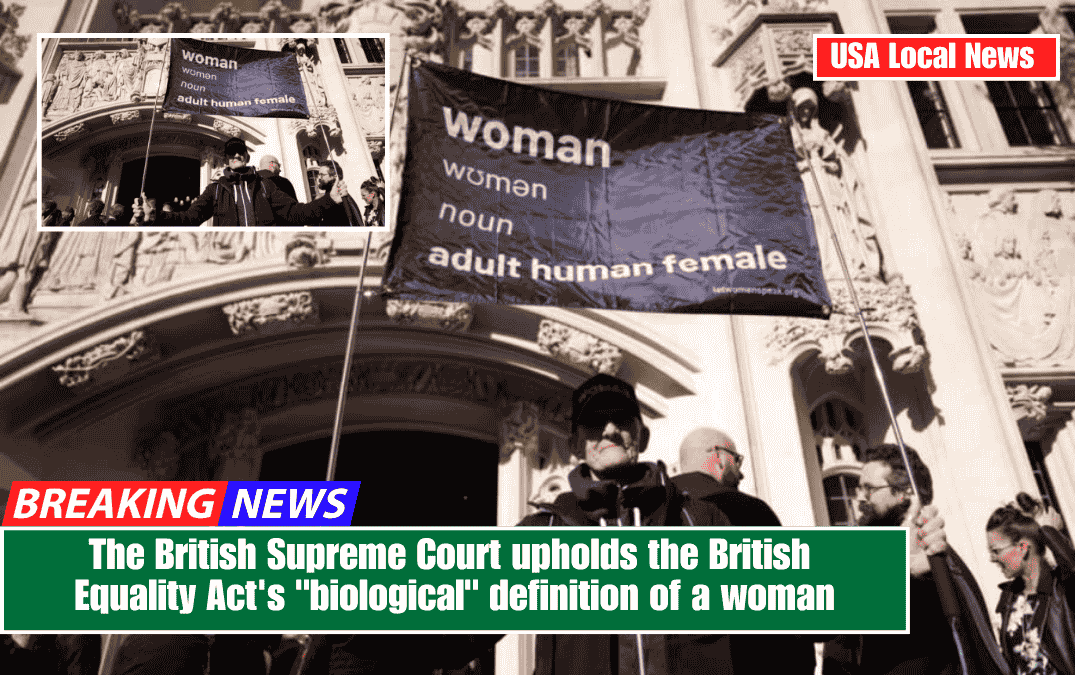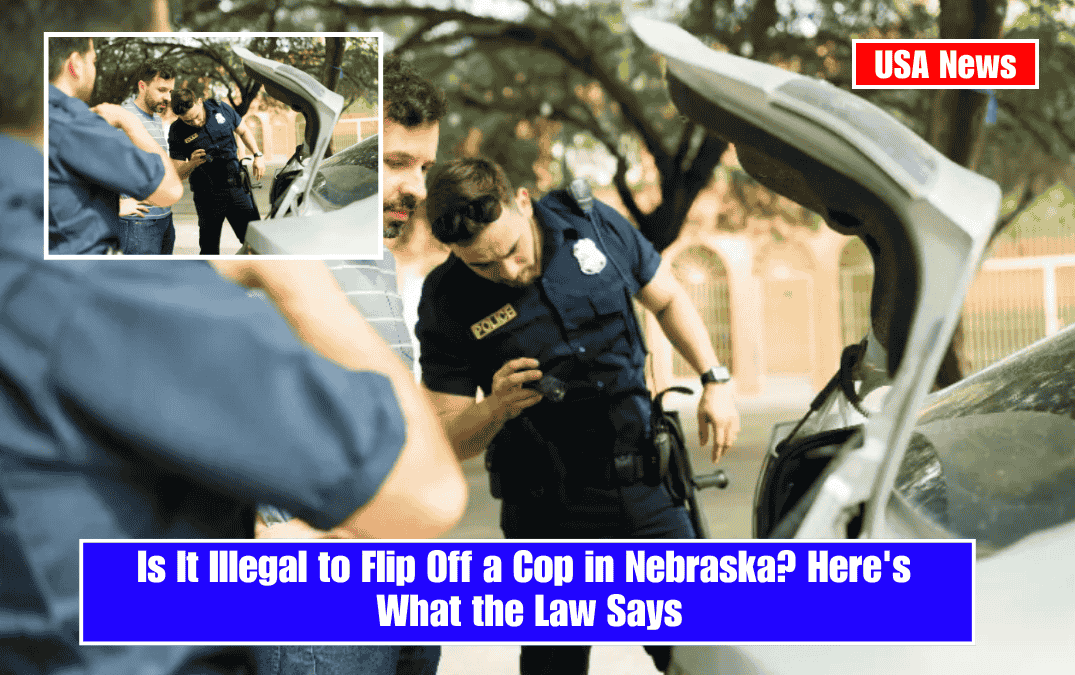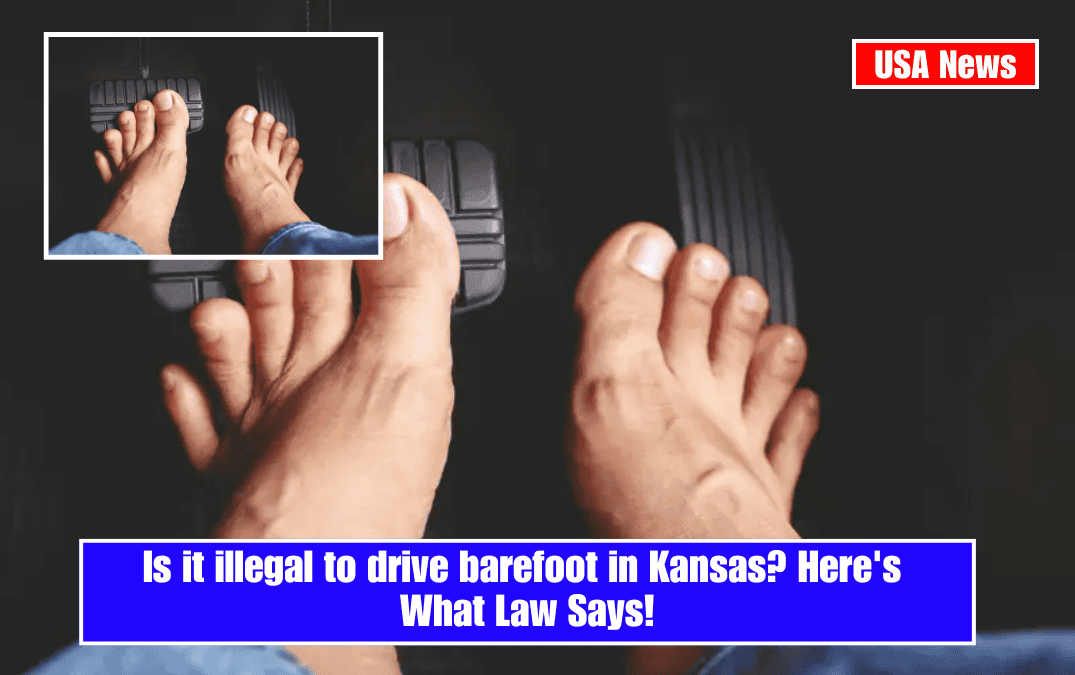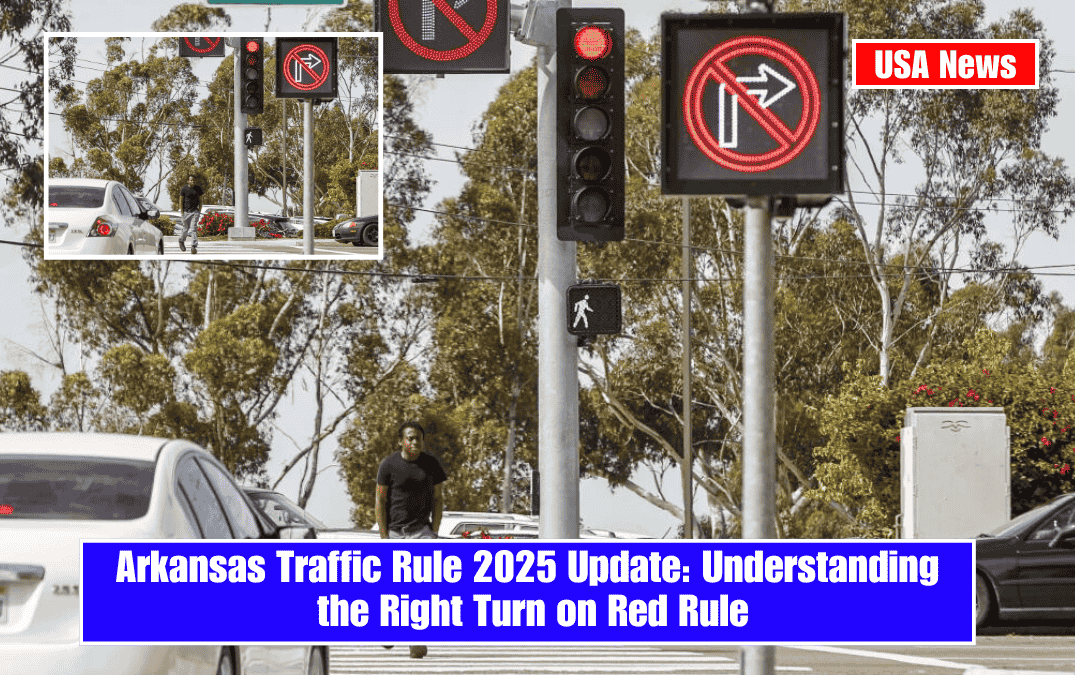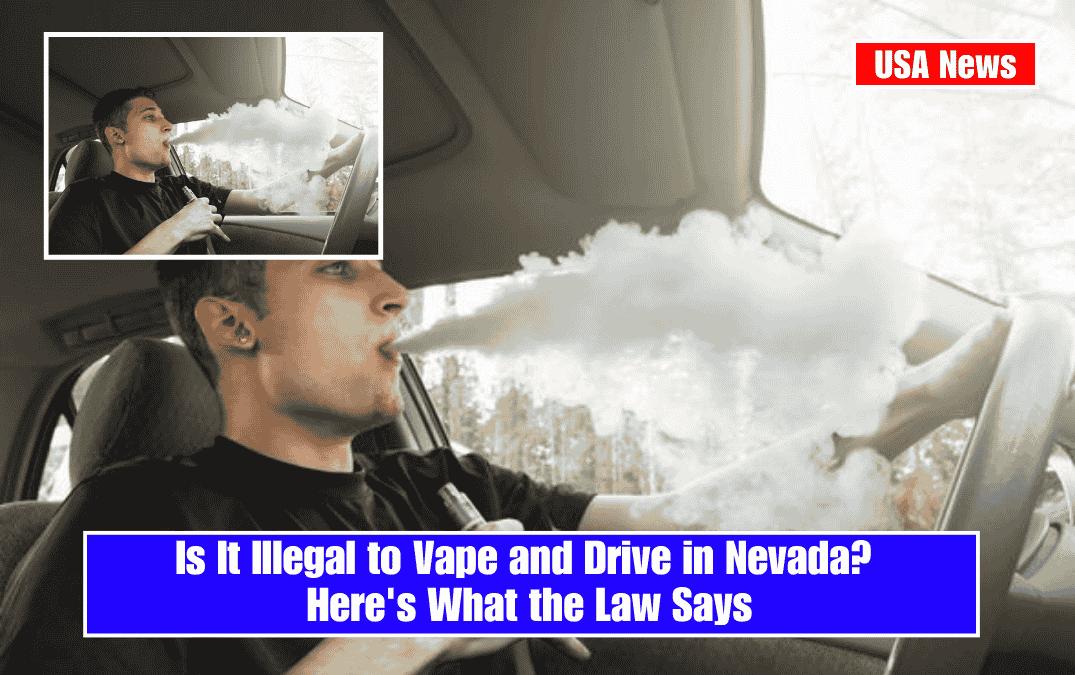In recent weeks, several international university students have been detained by immigration officers or had their legal status questioned.
Rumeysa Öztürk, a Turkish graduate student, was detained by masked agents in plainclothes while walking to meet friends for dinner. She claims she is being targeted because she wrote an op-ed about Gaza in the Tufts University student newspaper.
Mahmoud Khalil, a Columbia University graduate student, was arrested in his university housing despite being a legal permanent resident. He claims he was apprehended during his peaceful protests against Israel’s war in Gaza.
When Columbia University Ph.D. student Ranjani Srinivasan received notice that her visa had been revoked, the Department of Homeland Security publicly accused her of being a terrorist sympathizer, despite the fact that there was no evidence. She decided to leave.
Their cases raise concerns that more students may be targeted for their beliefs. Free speech advocates across the political spectrum, including pro-Palestinian and pro-Israel groups, are concerned about the First Amendment’s protection of opposing views.
Secretary of State Marco Rubio stated that he had revoked over 300 visas and defended his decision.
“We gave you a visa to study and earn a degree, not to become a social activist who destroys our university campus. We’ve given you a visa; now you decide.
None of these students have been charged with any crime. Instead, the government is employing a rarely used immigration act that allows the secretary of state to revoke immigration status if the secretary believes their presence poses a threat to US foreign policy.
The students, their families, and their lawyers say the detentions and visa revocations should concern every American.
“This is what happens in a dictatorship, and these are test cases,” said Eric Lee, a lawyer representing Momodou Taal, a Cornell University Ph.D. student and activist for Palestinian rights whose visa was revoked.
“If the government can get away with this against these students, it can do it to anyone in this country. Your citizenship will not protect you… Your opinions will come next.”
Taal sued the government for free speech this year. After the case was filed, Immigration and Customs Enforcement requested that Taal surrender himself for deportation. Taal did not turn himself in and continued the case until just over a week ago, when he announced on X that he had left the country.
“Given what we have seen across the United States,” he wrote, “I have lost faith that a favorable court decision would ensure my personal safety and ability to express my beliefs. I lost faith that I could walk the streets without being kidnapped.”
The lawsuit has since been withdrawn, but Taal’s lawyers believe the implications of this case extend far beyond their client.
“The First Amendment applies to people who are physically in the United States, regardless of their alienage, regardless of what country they were born in, regardless of the color of their skin, regardless of their immigration status,” Lee informed the audience.
The administration’s claim that attending a protest is a threat to American foreign policy suggests that the Constitution hinders the fight for democracy. “Something is wrong there.”
Defenders of the Trump administration’s policy claim it is about national security.
Critics of the detentions use terms like “abducted” and “disappearing” to describe them, claiming that they violate the Constitution, which protects free speech for both immigrants and citizens.
The concern centers on the question of whether immigration is being used to censor viewpoints.
That question extends beyond these students.
A Nobel Peace Prize laureate and two-term Costa Rican president recently had his visa revoked. Óscar Arias Sánchez was told it was due to his close ties with China. He resumed relations with the country during his second term as president, which lasted from 2006 to 2010.
Arias has been a vocal critic of President Trump online, comparing him to a “Roman emperor, telling the rest of the world what to do” in one social media post.
“I have to imagine that my criticism of President Trump might have played a role,” he said in a recent NPR interview. “The president has a personality that is not open to criticism or disagreements.”
Other green-card holders and visa holders, including non-students, are keeping an eye on and concerned about the detentions and visa revocation.
Raymond, a lawful permanent resident from Hong Kong who asked us not to use his full name in case it jeopardized his immigration status, expressed concern that political views he has expressed online may be used against him when he returns to the United States.
He is not a student, but he has begun cleaning up his social media and is thinking about hiding his Instagram app before an upcoming trip abroad for a wedding.
For the first time since arriving in the United States, he considers what he says and does in public.
“I don’t join protests anymore,” he said. “I think it’s a stupid thing because I feel like I’m already being compliant before the thing even hits me. However, it appears that the risk of losing my legal status is higher.
Nothing has happened to Raymond. However, due to what he has witnessed, he has decided to remain silent in public places in order to protect himself.
“The lack of due process is what concerns me more when it comes to freedom of speech,” he told me.
